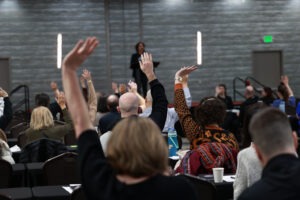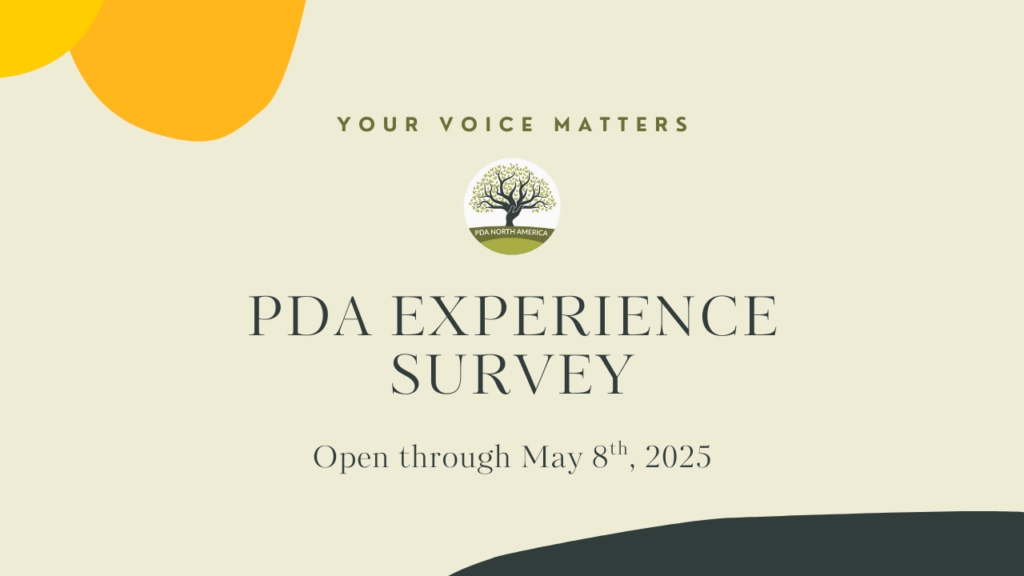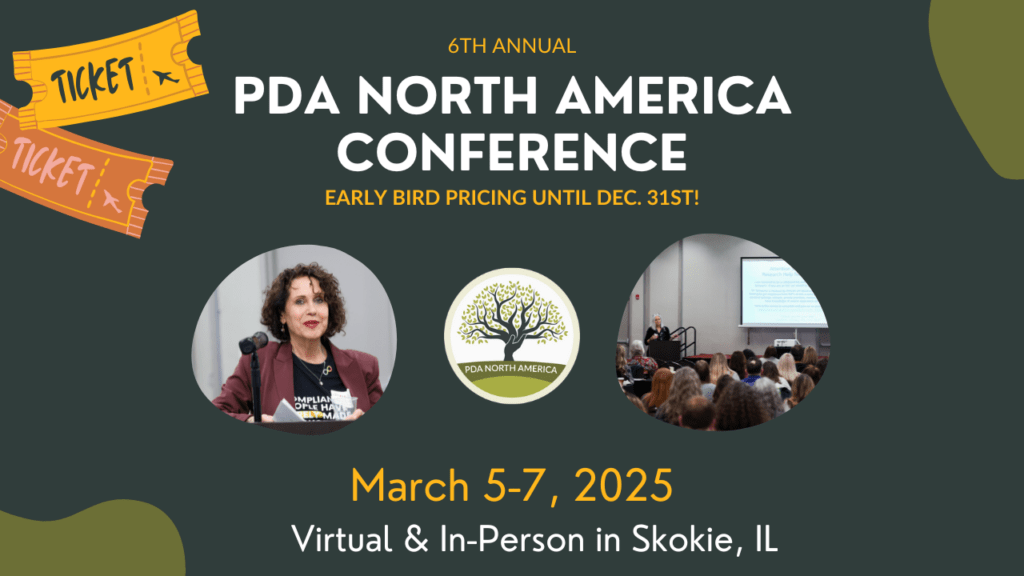AJ, Adult PDAer & Scientist
In celebration of PDA Day 2024, PDA adult, AJ wanted to share some reflections of their lived experience with PDA.
In AJ’s words:
“I’ve been thinking about PDA and my relationship to it and the thoughts I keep coming back to are the metaphor of different filters to see and consider myself through. Especially as someone who hadn’t been aware of the concept as a recognized “pathology”, let alone that I could be autistic, it’s given me an additional understanding of why I am the way I am. “
“There have been certain things about myself, things I do and don’t do, that I’ve been very frustrated by and when I consider those through the lens of PDA I’m a little less frustrated. I can give myself some grace or make accommodations for myself that I had never considered as an option before.”
The following are reflections from AJ’s ongoing therapy shared in cooperation with their PDA affirming therapist:
AJ has been considering how much they think through and analyze all their day to day tasks realizing how much energy they expend doing so. They have lately been experimenting with how to rely less on “thinking” to listen in and discover what might be their REAL energy and motivation. Can they discover new ways of navigating HOW to access a demand in less energy intensive ways?
In their words: “If I’m not doing it I’m not ready. When it comes to me I do it. When not, I just don’t do it.”
They find this restorative because they have discovered that when they turn their thinking off, they will then find themselves visualizing “doing” and then when that happens, they KNOW they are READY so they wait to get started until then. They have realized that they then can do it and not “feel bad” as it’s being accomplished and not “feel bad” afterward.
AJ says that the PDA ENERGY flow is their “normal operating conditions”.
Rather than DO THE DEMAND they want to find the optimal way to do the demand.
This process has opened up feelings a lot more because they think and analyze less.
They are looking more at their vulnerability and how to communicate it.
There is a larger question then AJ realizes they are wrestling with, such as “do they have the right to think for themselves” when they are vulnerable because their need is different than what others need. It reminds them of growing up feeling stuck being perceived in ways that were not accurate but couldn’t find a way to explain. “They want their thoughts to be their own!” BUT they are not sure yet what they are really thinking and feeling.
AJ is a scientist who gave permission to share their thoughts about what learning about PDA has meant to them. They are in their 20’s, have a partner, a cat and meaningful work that matters to them.







